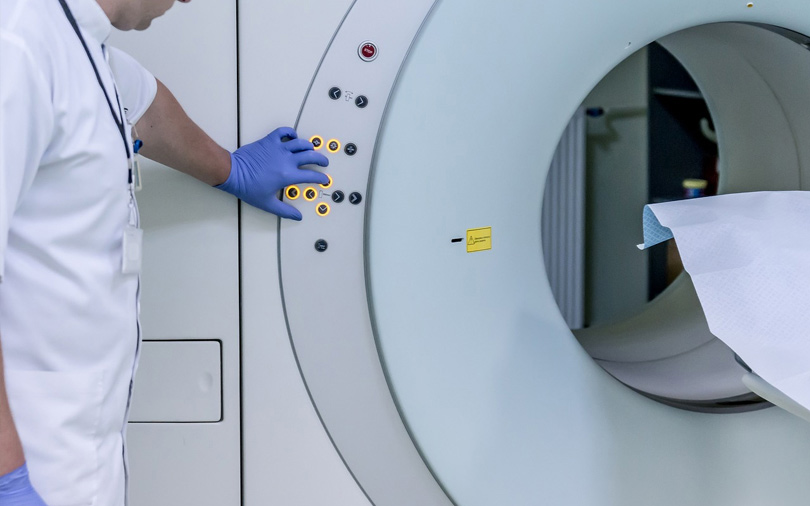
Indian healthcare yet to fully tap tech's potential: Panellists at VCCircle Summit


While the application of artificial intelligence (AI), blockchain and Internet of things (IoT) has of late become integral to businesses across sectors in India, such emerging technologies are yet to be significantly deployed in the healthcare industry, said panellists at News Corp VCCircle’s Healthcare Investment Summit 2018 on Tuesday.
Moderated by Ramesh Byrapaneni, founder and managing director of Hyderabad-based venture capital firm Endiya Partners, the panel on ‘Tech in Healthcare’ consisted of Sandeep Singh, healthcare principal at Eight Roads Ventures (the proprietary investment arm of Fidelity Investments), and Sheriff Sahadulla, chief executive officer and chief medical officer of KIMS Healthcare Group (Kerala Institute of Medical Sciences).
“As an investor, we look for opportunities at the convergence of healthcare and technology,” said Eight Roads’ Singh. “Unlike in the US and UK, in India we have struggled to find deep technology-related healthcare opportunities. I think the problem is that we don’t have the data yet. We are at a very different stage of evolution.”

Most hospitals, he added, don’t even have integrated patient data across their different locations. On the out-patient side, operations are not digitised.
“So, it’s almost impossible to think of machine learning and artificial intelligence in the context of where you do not have integrated, consistent data,” Singh said.
Digital technology in particular, however, has enabled doctors to serve their patients more efficiently, said Sahadulla of KIMS.

“Being a doctor myself, from my personal experience I can say that the use of a virtual assistant, for instance, has improved my ability to care for patients,” he said.
Singh further elaborated that in markets such as the US and UK, where Eight Roads has investments in health-tech companies, the problems that they are trying to solve through technology are a bit different.
“I think they are focused on cost reduction and they are already at a point where access is no longer much of a problem,” he said.

In India, the firm’s approach has been to bet on companies that are addressing specific segments of the healthcare value chain.
“So far, the couple of bets that we have taken in India are people who have taken one segment of the outpatient journey. One is focused on diagnostics (Core Diagnostics) and the other is right now focused on pharmacy (PharmEasy) and what we see is all of it coming together for somebody to integrate at least on the outpatient side,” he added.
He also thinks that a digital platform for outpatient insurance is an opportunity that is waiting to be exploited.

Sahadulla cautioned that while the integration of technology in healthcare is inevitable, there could also be downsides for customers or patients.
“There is a lot of data in healthcare and with that data we can do a lot of risk analysis and predictive analysis… the challenge or danger of that is that it can also be used against an individual. For example, a mental health patient could be identified as too high risk for insurance,” he said.
